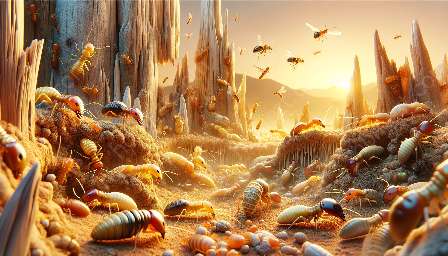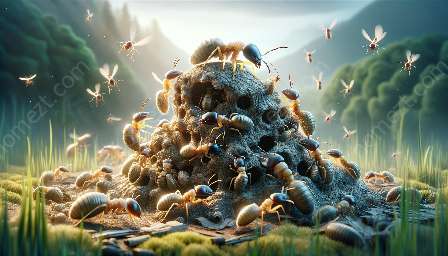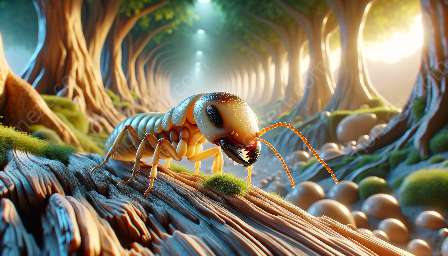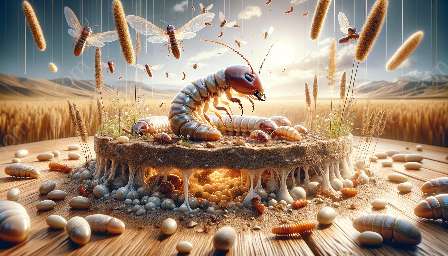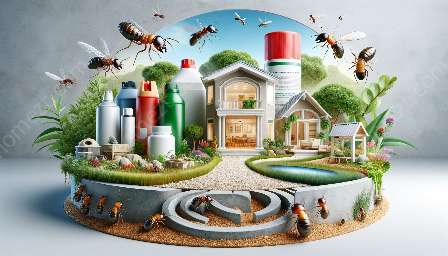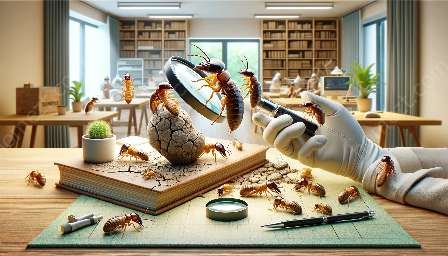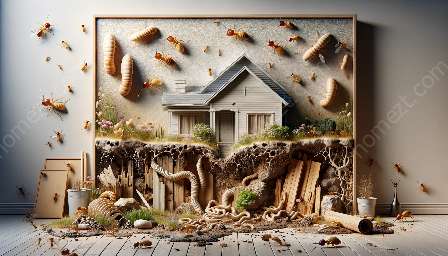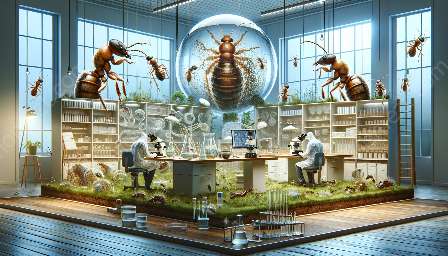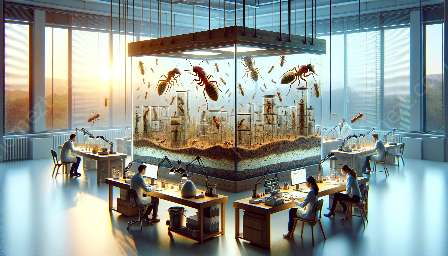Termites are social insects that exhibit complex behaviors, making them a subject of extensive scientific research. By understanding termite behavior, we can develop effective pest control strategies that are environmentally sustainable and minimize damage to structures.
The Fascinating World of Termites
Termites are small, social insects that live in colonies and are known for their ability to consume wood and cause significant damage to structures. These insects exhibit remarkable behaviors that have drawn the attention of researchers and scientists. Understanding the behavior of termites requires a multidisciplinary approach, encompassing entomology, ecology, and evolutionary biology.
Social Structure and Communication
Termite colonies consist of different castes, including workers, soldiers, and reproductives. The intricate social structure within the colony involves division of labor, communication, and cooperative behavior. Through pheromones, vibrations, and chemical cues, termites communicate and coordinate their activities, contributing to the overall functioning of the colony. Studying these communication methods offers insights into the organization and dynamics of termite societies.
Foraging and Nest Building
Termites engage in foraging activities to search for food sources, predominantly cellulose-based materials such as wood and plant matter. Their ability to construct intricate nests using saliva and soil signifies their remarkable building behavior. Research into these foraging and nesting behaviors provides valuable information for pest control interventions aimed at disrupting termite activities.
Orientation and Navigation
Termites exhibit remarkable orientation and navigation capabilities, allowing them to navigate through their environment and locate food sources. By understanding the mechanisms behind their orientation, researchers can develop strategies to disrupt termite foraging and prevent infestations in residential and agricultural settings.
Behavioral Insights for Pest Control
The knowledge gained from termite behavior research is invaluable for developing effective pest control methods. By understanding the factors that influence termite behavior, such as environmental cues, food availability, and colony dynamics, scientists can devise targeted approaches for managing and controlling termite infestations.
Implications for Sustainable Pest Control
Integrating the findings of termite behavior research into pest control strategies offers the potential to minimize the use of chemical treatments and reduce environmental impact. By leveraging natural behaviors and communication patterns of termites, innovative pest control techniques can be developed, emphasizing environmentally sustainable practices.
Conclusion
Termite behavior research provides a comprehensive understanding of the intricate social structures, communication methods, and foraging behaviors of these fascinating insects. This knowledge serves as a foundation for devising effective, sustainable pest control strategies that aim to mitigate the impact of termites on buildings and ecosystems. By embracing a holistic approach that encompasses scientific inquiry, technological innovation, and environmental stewardship, we can better safeguard our structures and promote harmony between humans and termites.



